Benz Patent-Motorcar classic cars for sale
The Benz Patent-Motorcar is the cradle of automotive history, renowned as the first practical vehicle powered by an internal combustion engine. Developed by Carl Benz in 1886, its groundbreaking engineering and pioneering test drives laid the foundation for modern motoring. This page offers a curated overview for collectors and enthusiasts seeking to discover, buy, or learn more about the Benz Patent-Motorcar.
Suchergebnisse
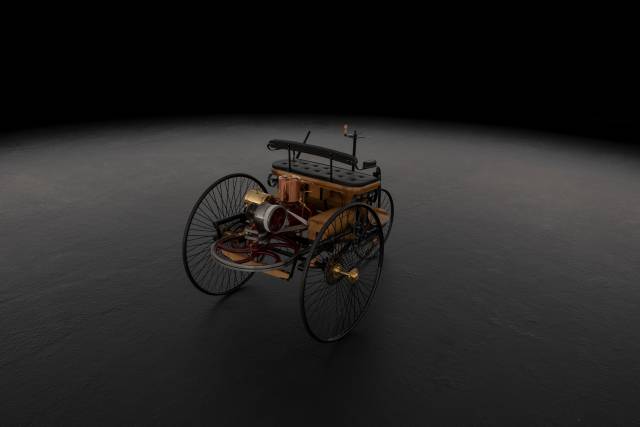
1885 | Benz Patent-Motorcar Number 1 Replica
Historisches Schaustück und Demonstrationsmodell - Der erste Meilenstein
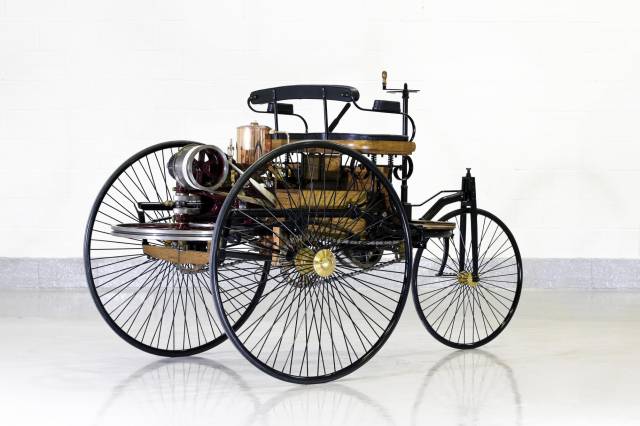
1886 | Benz Patent-Motorcar Number 1 Replica
1886 Benz Patent Motor Wagen Replica
Benz Patent-Motorcar listing references from Classic Trader
Below you will find listings related to your search that are no longer available on Classic Trader. Use this information to gain insight into availability, value trends, and current pricing for a "Benz Patent-Motorcar" to make a more informed purchasing decision.
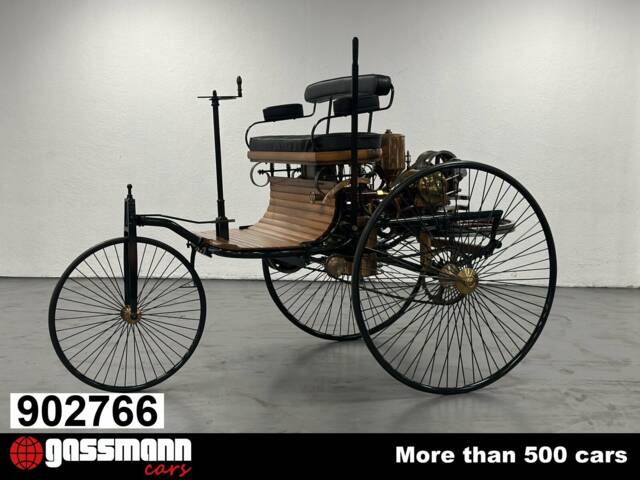
1986 | Benz Patent-Motorcar Number 1 Replica
Benz Patent-Motorwagen Nachbau 100 jähriges
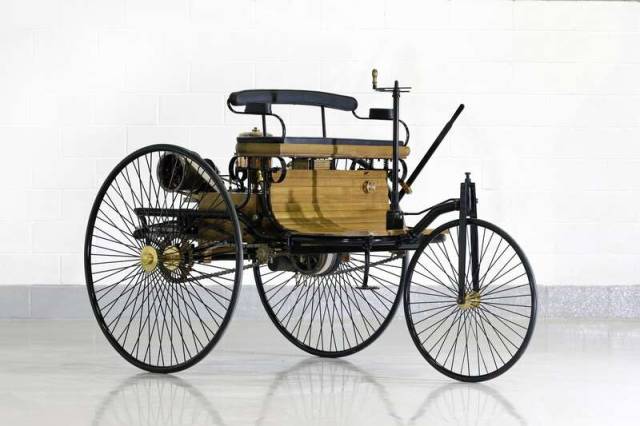
1886 | Benz Patent-Motorcar Number 1 Replica
1886 Benz Patent-Motorwagen Replica
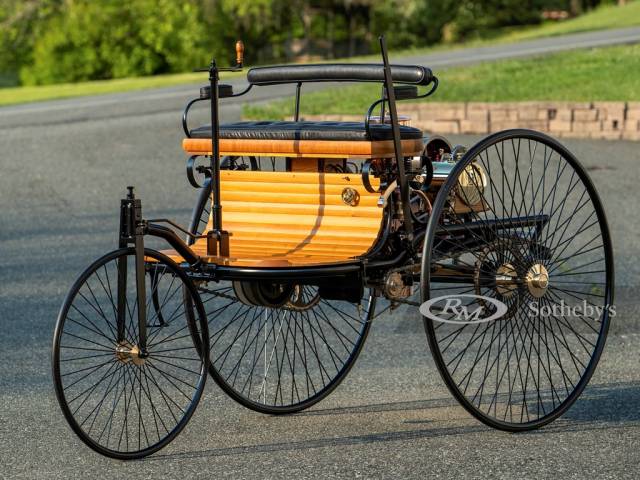
1886 | Benz Patent-Motorcar Number 1 Replica
1886 Benz Patent-Motorwagen Replica
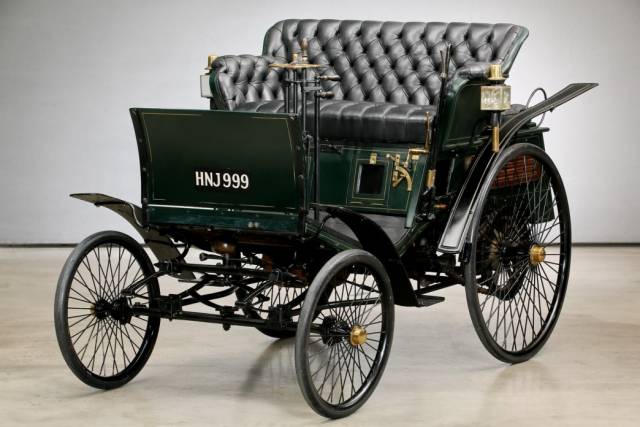
1899 | Benz Patent-Motorwagen Velo
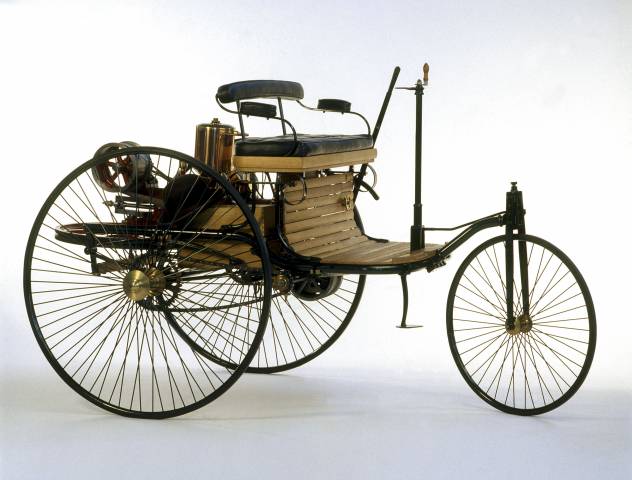
2002 | Benz Patent-Motorcar Number 1 Replica
Benz Patent-Motorwagen Replica
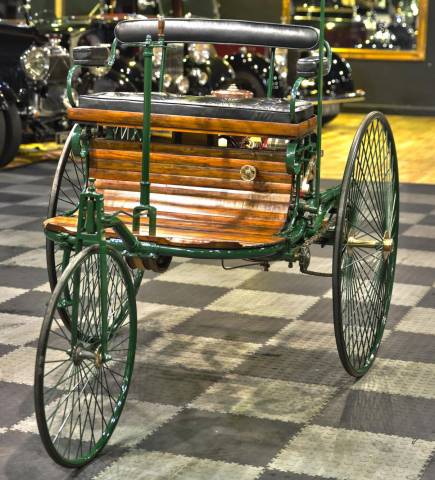
1886 | Benz Patent-Motorcar Number 1 Replica
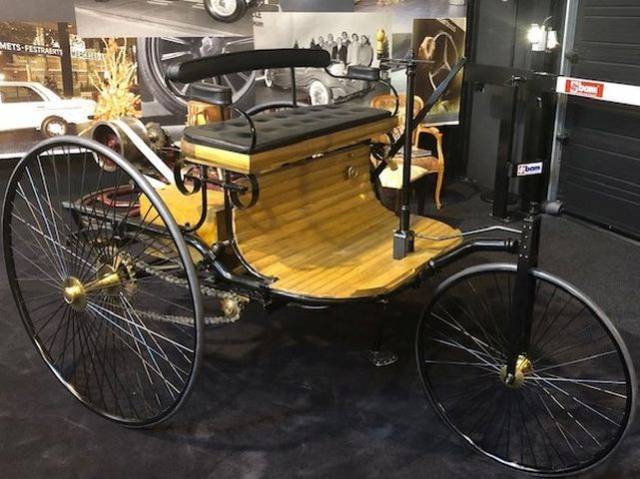
1926 | Benz Patent-Motorcar Number 1 Replica
The world's first automobile!
Benz Patent-Motorcar Classic Cars: Prices & Market Values
Introduction and history of the Benz Patent-Motorcar
The Benz Patent-Motorcar, constructed in 1886 by Carl Benz, stands at the origin of all automotive development. On 29 January 1886, Benz patented his ingenious design for a three-wheeled vehicle propelled by a single-cylinder, four-stroke petrol engine. Unlike the horse-drawn carriages dominating 19th-century streets, this vehicle operated with cutting-edge components like an electric ignition and evaporative cooling system. The first public demonstration in July 1886 in Mannheim marked the birth of practical automotive travel, attracting immediate attention and sparking the rapid evolution of the motorcar. Carl Benz’s relentless engineering drive, supported resolutely by his wife Bertha Benz, turned this experimental curiosity into the cornerstone of motorised transport.
Model history
The Patent-Motorcar Number 1 was never commercially produced in series but rather served as a prototype that shaped all subsequent vehicles. Its immediate successor, Patent-Motorcar Number 2, remained experimental. By 1888, refined versions allowed for Bertha Benz’s celebrated 100 km endurance journey, demonstrating its reliability. After transitioning to four-wheeled vehicles and more robust engines, the original Patent-Motorcar was dismantled, with a faithful reconstruction displayed today at the Deutsches Museum in Munich. As the genesis of Benz’s engineering legacy, the Patent-Motorcar ushered in a lineage culminating in the world-renowned Mercedes-Benz marque.
Highlights of the Benz Patent-Motorcar
Key features of the Benz Patent-Motorcar include its unprecedented single-cylinder, four-stroke engine, inventive chassis constructed from bent and welded steel tubes, and the innovative layout with three wheels that simplified steering and mechanical configuration. Design highlights such as belt drive, slide valve control for intake, and minimalist, functional bodywork made it unique among contemporary vehicles. Bertha Benz’s historic cross-country drive in 1888 confirmed both the resilience and practical value of the design.
Technical data
Special Editions and Collectible Models
Since only prototypes and immediate successors were built, there are no distinct official special editions. However, individually crafted replicas and select reconstructions, such as the version showcased in the Deutsches Museum, command attention among collectors interested in the very origins of motoring.
Weak Spots and Common Issues
The original chains frequently slipped from their sprockets, causing reliability issues during early tests. There is no traditional brake system; stopping is managed by a manually operated hand lever. Fuel delivery was rudimentary, requiring users to physically carry fuel for longer trips. The minimalist design, while advanced for its age, also resulted in several mechanical teething problems common to all pioneering technology of this kind.
Engine and Performance, Transmission and Handling
The single-cylinder engine’s output of 0.75 hp enabled modest speeds, with a practical top velocity below 16 km/h. Acceleration and climbing ability were limited, but the vehicle’s lightweight construction and direct transmission system made it suited to early road conditions. Handling was determined by the tricycle layout, lending good manoeuvrability but making stability a challenge, especially at higher speeds or on poor surfaces. The Patent-Motorcar Number 1 itself remains the only real configuration of its type. Later test vehicles and reconstructions display slight mechanical refinements but adhere to the same fundamental drive and steering system.
Interior, Comfort, Exterior and Design
Designed first and foremost for innovation, the Patent-Motorcar’s stitched leather bench, tubular steel frame, and tricycle chassis defined its appearance. Exposed mechanical components and an open cockpit display every technical element, befitting its function as an experimental vehicle. No elaborate paintwork or luxury trim—function dictated every form. Accessories such as fuel flasks and pioneering ignition devices became essential travel companions, especially on trailblazing journeys like Bertha Benz’s.
Other relevant features
Innovative for its time, the Patent-Motorcar included several features now regarded as industry standard: electric ignition, water cooling, and chain drive transmission. These system choices set the template for vehicle architecture for decades, and their presence in working reconstructions today underscores the model’s continuing influence in automotive heritage.
Summary
The Benz Patent-Motorcar stands as the genuine starting point of automotive technology, marking an epochal shift from manual and animal-powered vehicles to self-propelled transport. With only unique units and reconstructions existing today, this vehicle encapsulates the birth of motoring, offering unmatched value to those interested in owning or preserving the absolute origins of the classic car movement.

